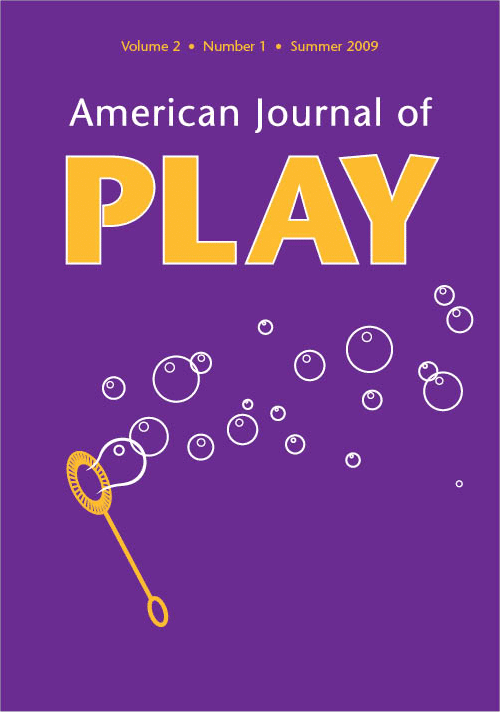Play, Healing, and Wellness as Seen by a Physician Who Clowns: An Interview with Bowen White
Bowen White is a physician. He founded the Department of Preventive and Stress Medicine at the Baptist Medical Center in Kansas City, Missouri, in 1983 and later established the center’s Department of Wellness and Health Promotion. White is also a clown who goes by the name of Dr. Jerko. For years he mixed these dual interests, skills, and egos while practicing medicine, and more recently he combines them as a writer, speaker, and consultant to a wide range of institutions and corporations. He is the author of Why Normal Isn’t Healthy: How to Find Heart, Meaning, Passion, and Humor on the Road Most Traveled and has lectured and clowned across the globe, in hospitals, rehabilitation centers, homes for the aged, hospices, schools, refugee camps, prisons, and more. Play and playfulness lie at the center of how he views the world, and here he discusses how, in his opinion, clowning, play, and playfulness intersect with healing and good health.





